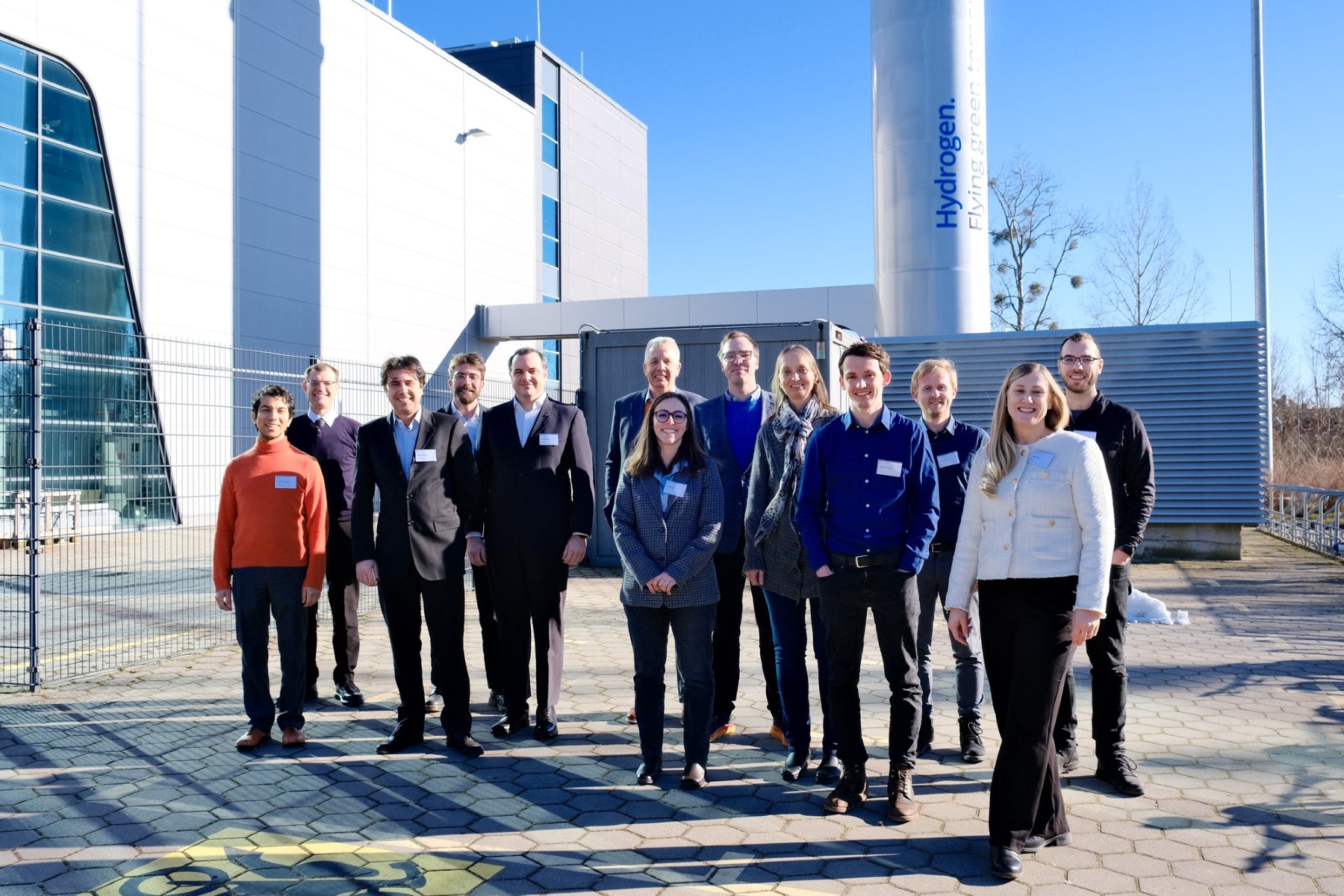BeBoP Project: Enhancing Fuel Cell System Components for Efficient Heavy Commercial Vehicles and Mobility Sectors
Key Ideas
- The BeBoP project aims to enhance supporting elements of fuel cell systems for heavy commercial vehicles and various mobility sectors by developing more efficient, compact, and reliable components.
- Project participants are focusing on improving air compressors, humidifiers, and DC/DC converters to achieve better system performance and longevity.
- The project consortium, led by SINTEF AS, includes partners from Norway, Germany, France, Italy, and Switzerland, with total funding just under 4 million euros from the European Union and other organizations.
- By developing advanced components and utilizing modeling expertise from DLR and SINTEF, the project aims to reduce power consumption and hydrogen usage, bringing fuel cell technology closer to large-scale deployment with tested, reliable technology.
The BeBoP project, a new EU initiative, is dedicated to improving fuel cell systems for heavy commercial vehicles and various mobility sectors through the development of enhanced components. The project focuses on advancing supporting elements like air compressors, humidifiers, and DC/DC converters, collectively known as the 'balance of plant'. Led by SINTEF AS, the consortium comprises partners from Norway, Germany, France, Italy, and Switzerland, with funding from the European Union and other entities. Over a 42-month period, the project aims to create more efficient, compact, and reliable components that can monitor fuel cell conditions. Key objectives include establishing better system performance and longevity through innovations in the air compressor, humidifier, and DC/DC converter. By collaborating with component specialists and utilizing modeling expertise from DLR and SINTEF, the project strives to optimize operation, reduce power consumption, and minimize hydrogen usage in heavy-duty fuel cell systems. Ultimately, the BeBoP project aims to accelerate the deployment of fuel cell technology on a large scale by developing standardized, industrialized components.
Topics
Fuel Cells
Innovation
Research
Fuel Cell Systems
Efficiency
Collaboration
EU Project
Component Development
Mobility Sectors
Latest News
